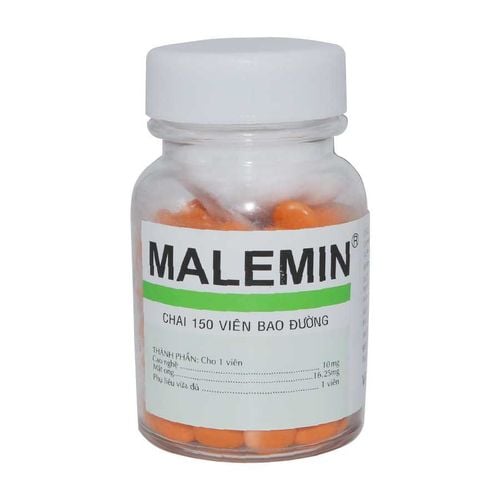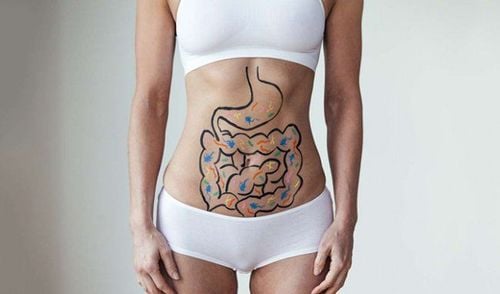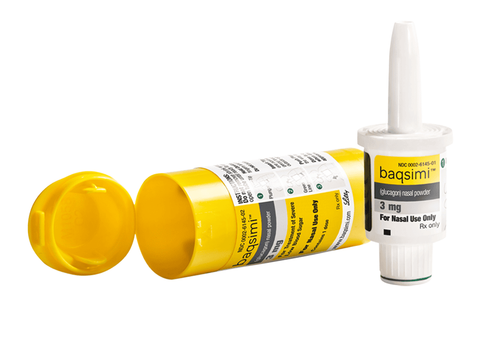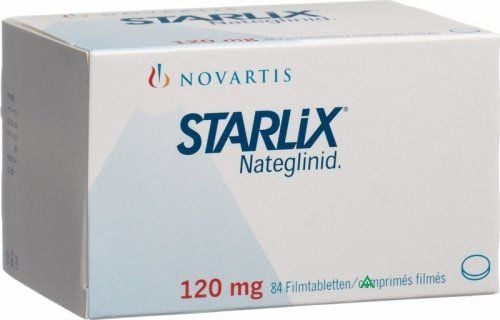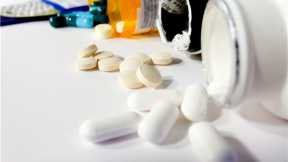This is an automatically translated article.
The article was professionally consulted by Doctor Tran Quoc Tuan - Emergency Resuscitation Doctor - Emergency Resuscitation Department - Vinmec Phu Quoc International General HospitalHoney is a natural sweetener, which can have a positive effect on your glycemic index. But like any other sweetener, moderation is key to your health.
People living with diabetes need to closely control and manage their carbohydrate intake and blood sugar levels. This doesn't mean they have to avoid sweets altogether. If used in moderation, honey is not only a safe food, but it also has anti-inflammatory properties, and helps reduce complications of diabetes. If you do eat honey, make sure it's organic, or raw, with no added sugar.
1. What is honey?
Honey is a thick, yellow liquid produced by honey bees and other insects, such as wasps or wasps. Honey comes from the nectar of flowers, collected by bees and stored in their stomachs until they return to the hive.Most nectar is made up of sucrose, water and other substances, which are about 80% carbohydrates and 20% water. Bees will produce honey by eating and secreting nectar over and over again, while removing water from the nectar. The bees will then store honey in their hive to use as an energy source during the winter when foraging becomes more difficult.
Honey is also considered a sweetener, so you can add honey to some foods to enhance their sweetness. Despite being a natural sweetener, honey has slightly more carbohydrates and calories than regular table sugar. The carbohydrates in honey are mainly from simple sugars, including glucose and fructose.
Normally, in a tablespoon of honey will contain:
64 calories 17 grams carbohydrates 17 grams sugar 0.06 grams protein 0.04 grams fiber In addition, honey also contains a number of vitamins and minerals, including includes iron, vitamin C, folate, magnesium, potassium and calcium. It is also an excellent antioxidant, which helps prevent and slow down cell damage in the body. However, the amount of vitamins and minerals present in honey is negligible, so you should not consider honey as the main source of these nutrients.
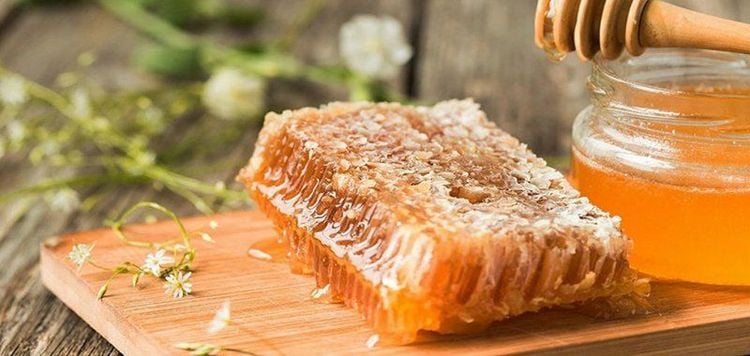
Mật ong là một chất làm ngọt tự nhiên, có thể có tác động tích cực đến chỉ số đường huyết của bạn
2. Is honey the same as other sweeteners?
Honey is different from white sugar or other sweeteners, because sugar usually doesn't have any vitamins or minerals. Besides, the glycemic index (GI - an index that helps measure how quickly a carbohydrate raises blood sugar) is also lower than sugar. The GI of honey is 58 and that of sugar is 60. This has been shown, although honey (like all carbohydrates) raises blood sugar quickly, it does not rise as quickly. like sugar. However, this difference is not significant.Therefore, if using honey to replace sugar, it will not be good for people with diabetes. Because they can affect your blood sugar in the same ways that sugar does. If you choose to eat honey, make sure to use them in the correct dosage to limit their negative effects on blood sugar and the body's ability to use insulin.
3. Popular types of honey
Honey can be raw or processed. For raw honey, also known as unfiltered honey. This form of honey is extracted from beehives, then filtered to remove impurities.On the other hand, processed honey will have to go through a filtration process. In it, honey will be pasteurized (exposed to high temperatures) to destroy yeast and help prolong shelf life. Processed honey usually has a smoother texture, but filtration and pasteurization have removed some of its nutrients and antioxidants.
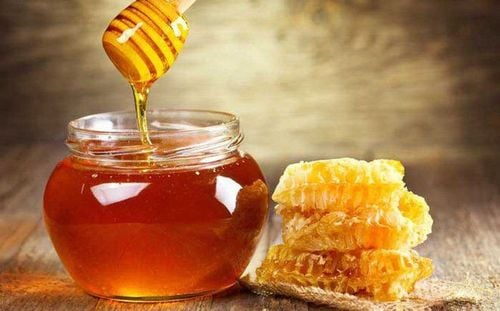
Mật ong có thể ở dạng thô hoặc đã qua chế biến
4. How does honey affect blood sugar?
Since honey is a natural sugar as well as a carbohydrate, it only affects your blood sugar in some natural way. However, when compared to table sugar, honey's effect on blood sugar was lower.In a study to evaluate the effects of honey and table sugar on blood sugar in normal people and patients with type 1 diabetes, it was found that, in the group of people with diabetes, honey Beeswax caused an initial spike in blood sugar about 30 minutes after consumption. The participants' blood glucose levels then fell and remained lower for two hours. This proved that honey, unlike table sugar, can increase insulin, an important hormone for blood sugar control.
5. Can honey prevent diabetes?
Although honey can increase insulin levels and help people with diabetes control their blood sugar, there doesn't seem to be any conclusive research supporting honey as a possible factor. diabetes prevention.However, there is still some connection between honey and lower glycemic index. In a study of 50 people with type 1 diabetes and 30 without the disease, honey was found to have a blood sugar-lowering effect compared to sugar in all of the study participants. In addition, it also increased their levels of C-peptide, a substance that is released into the bloodstream when the body produces insulin. A normal C-peptide level means the body is making enough insulin.
However, we still need more research to determine if honey can be used to prevent and treat diabetes.
On the other hand, honey contains anti-inflammatory and antioxidant properties. These are very important substances for people with diabetes, as they often have higher levels of inflammation in the body. But in fact, there are many other foods that also provide antioxidants without raising your blood sugar. Therefore, you can choose foods other than honey to best meet your health condition.

Không có bất kỳ nghiên cứu kết luận nào ủng hộ mật ong là một yếu tố có thể phòng ngừa bệnh tiểu đường
6. Does eating honey increase the risk of diabetes?
You should remember that honey is sweeter than sugar. So if you use honey as a substitute for sugar, you only need a small amount of honey.Because honey can affect blood sugar, you should avoid using them and other sweeteners until your diabetes is under control.
Ideally, honey should be consumed in moderation. You should talk to your healthcare professional before using honey as a supplemental sweetener.
If your diabetes is well controlled, and you want to add honey to your diet, choose pure, organic or natural honey. These are generally safer for people with diabetes, as they are all natural with no added sugars.
However, pregnant women and people with compromised immune systems should not consume raw honey, as it is not pasteurized. This can cause some dangerous problems for your health.
If you buy processed honey from the grocery store, it may also contain sugar or syrup. Added sweeteners can have different effects on your blood sugar. Therefore, when choosing to buy honey, you should learn the addresses that provide completely natural honey to limit their effects on health.
Currently, Vinmec International General Hospital has a Cardiovascular and Diabetes Screening package, which helps patients detect the disease promptly even when there are no symptoms, thereby taking appropriate treatment measures to protect own health.
If you have a need for consultation and examination at Vinmec Hospitals under the nationwide health system, please book an appointment on the website for service.
Please dial HOTLINE for more information or register for an appointment HERE. Download MyVinmec app to make appointments faster and to manage your bookings easily.
Reference sources: webmd.com, healthline.com




